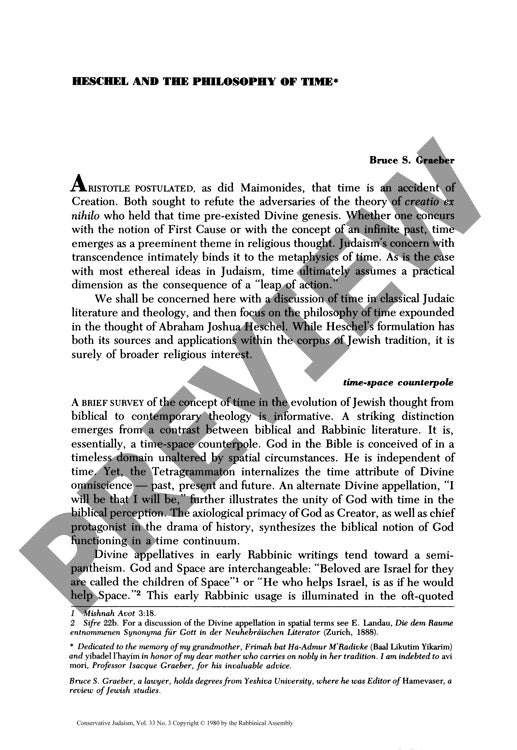Heschel and the Philosophy of Time
Couldn't load pickup availability
Jewish understanding of time has evolved dramatically from biblical origins to modern theology, reaching its most compelling articulation in Abraham Joshua Heschel's philosophy of sanctified temporality. Through comprehensive analysis of classical Judaic literature, theological texts, and comparative examination of thinkers like Franz Rosenzweig and Joseph B. Soloveitchik, a fundamental shift emerges in how Judaism conceptualizes divine-human relationships. While biblical literature portrayed God as both timelessly eternal and temporally engaged, and early Rabbinic writings favored spatial metaphors, later Jewish thought decisively rejected spatial frameworks in favor of time as the primary medium of religious experience. Heschel's formulation proves particularly significant, establishing time as the biblical pathway to holiness, exemplified in the Sabbath as sacred time transcending material existence. His philosophy presents eternity as accessible through active religious engagement in temporal moments, especially through time-bound commandments that create divine-human simultaneity. This time-centered approach directly addresses modern technological civilization's fixation on space and matter, offering a spiritual antidote to contemporary alienation. Heschel's philosophy ultimately achieves a remarkable synthesis of mystical and rational elements within Jewish tradition, providing both theoretical insight into temporal metaphysics and practical guidance for achieving holiness through temporal religious experience, thereby illuminating Judaism's persistent privileging of time over space in religious consciousness.

More Information
-
Physical Description
-
Publication Information
Published 1980
ISBN
-
Publication Credits
Bruce Graeber

